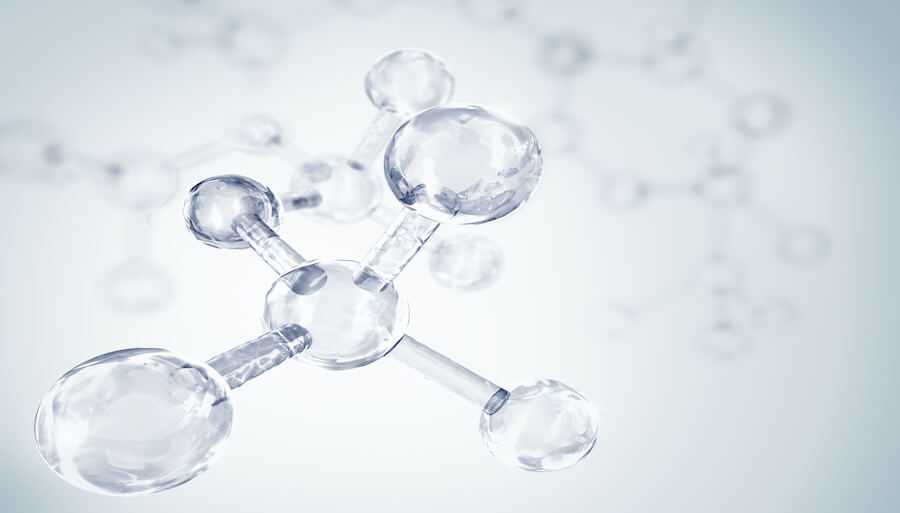
Do you know what is SMALLER than oxygen, 3x more energy-dense than gasoline, powers the sun, AND has therapeutic potential in OVER 170 human and animal diseases?
That’s right...our favorite molecular hydrogen! The earliest account of hydrogen gas having beneficial properties was in 1798, but it didn’t become popular among scientists until 2007! NOW, with over 1000 publications on molecular hydrogen, people still do NOT understand the vast implications that this carries in regard to our health.
Aging is a Result of REDOX Dysregulation
Oxidation and reduction reactions run the show in our body- these REDOX reactions take place in the cells and are important for the production of energy.
Did you know that you can actually suffer from TOO much oxidative stress and not enough oxidative stress at the SAME TIME, within the SAME CELL. For example, too much oxidative stress in the cytosol and not enough oxidative power in the Endoplasmic reticulum can lead to misfolded proteins. Hydrogen brings things back into homeostasis!
The small molecule that makes a BIG difference
We often receive the question, why hydrogen? What makes it stand out among other antioxidants?
- It is SELECTIVE- it targets the most destructive radicals (like the hydroxyl radical) and does not impact other radicals that act as signaling molecules. With other antioxidants, you could be taking TOO MANY, and unknowingly neutralize beneficial key radicals!
- TINY size- reaches tissues other antioxidants cannot- through cellular membranes, enter the mitochondria and nucleus of cells, across the blood-brain barrier
- Multiple target sites impacting virtually ALL tissues of the body.
It’s not surprising that benefits of H2 therapy have been demonstrated in animal models and/or human studies in a wide range of conditions, including traumatic brain and spinal cord injuries, Parkinson’s, Alzheimer’s, strokes, heart attacks, vascular disease, diabetes, liver and kidney disorders, autoimmune conditions, and lung problems.
-Dr. Angela Pogioli
Clinical Consultant / Product Education Specialist

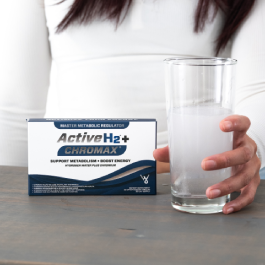

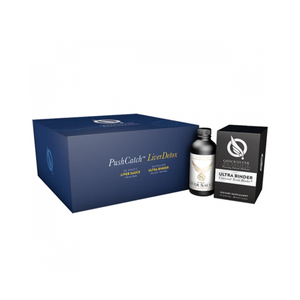
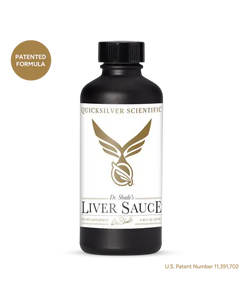
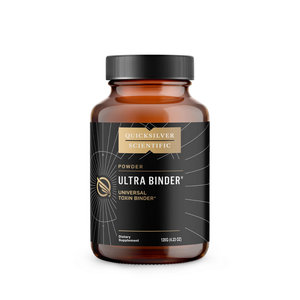
vCYlXMfUVTy